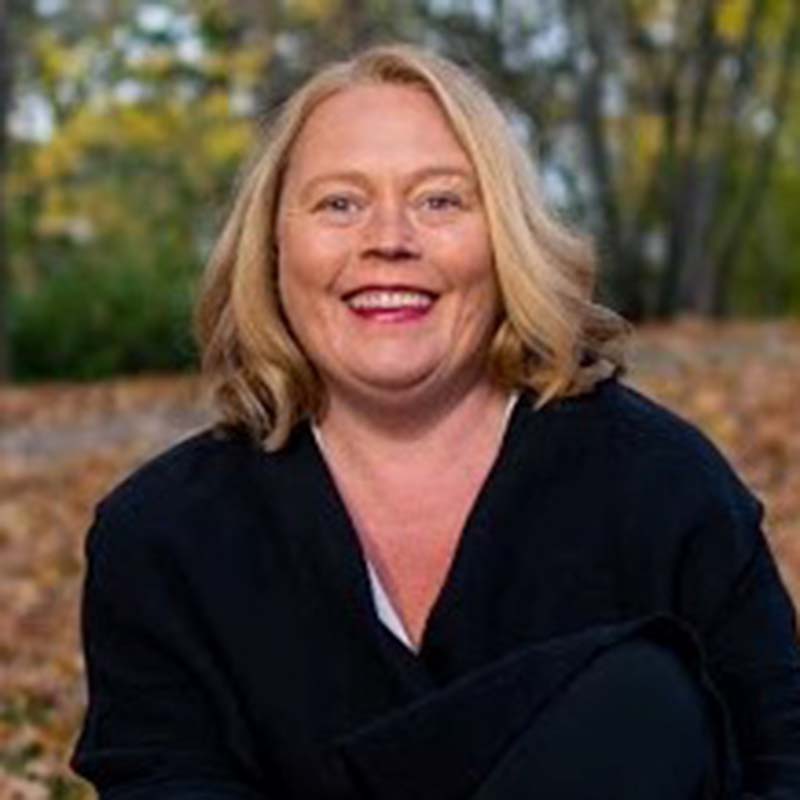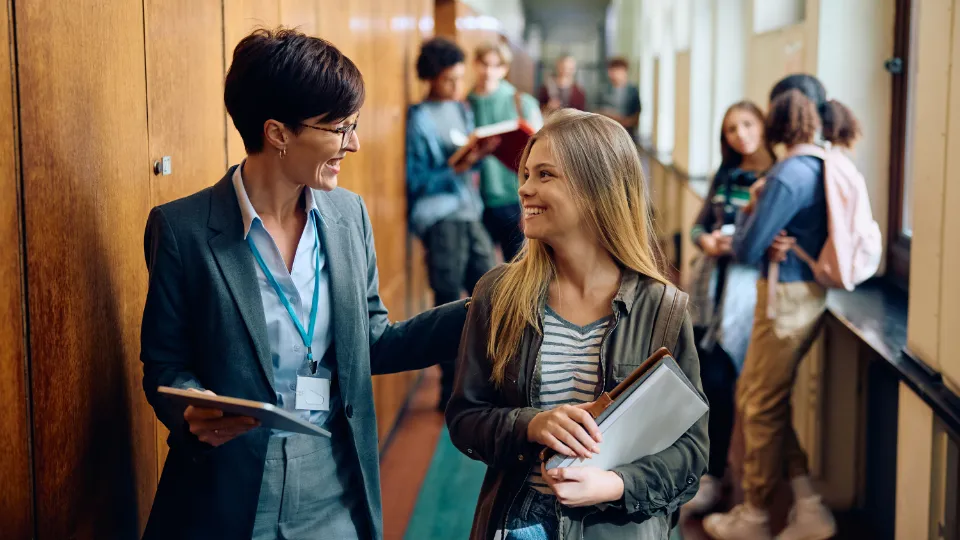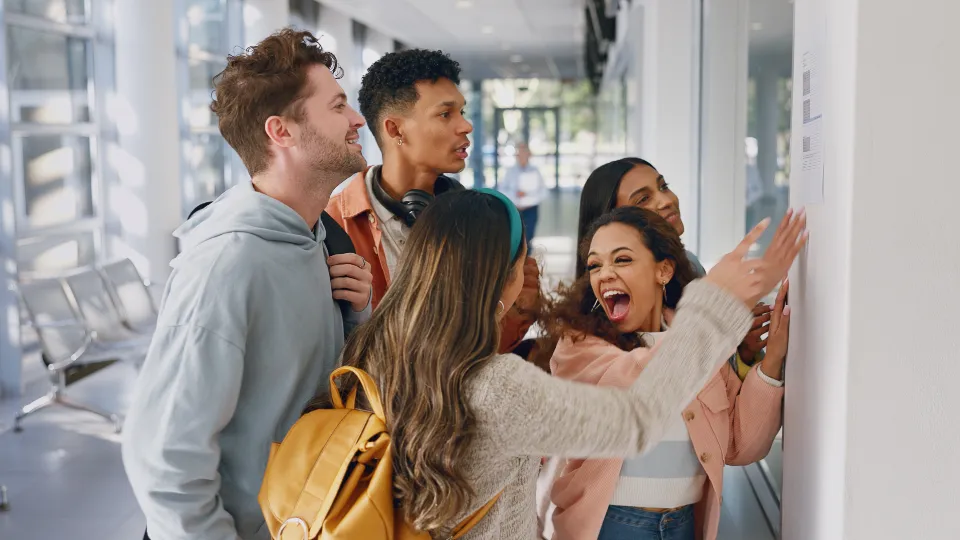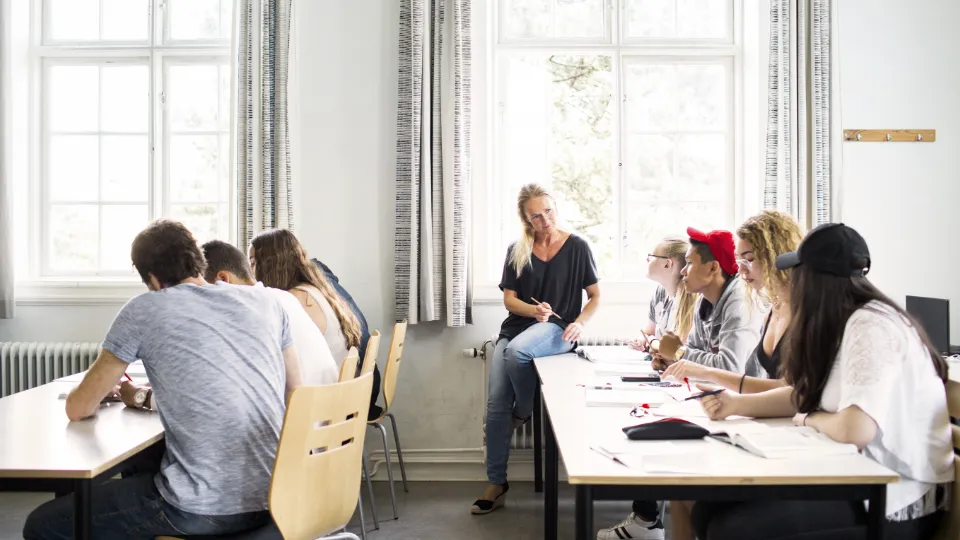The project aims to investigate the models and how business cultures and attitudes affect and are affected. The project will contribute to creating educational models for a more uniform and sustainable organization that involves all concerned: leaders, teachers and students/participants. The plan is to expand the pilot project to all Nordic countries in 2023.
The call for participating closed on June 1st, 2022, read more here.
The project is carried out within the framework of the Education for Sustainable Development project under the cross-sectoral program Sustainable Lifestyles in the Nordics.
Participating researchers
Kalle Vihtari is working as a principal lecturer at Haaga-Helia School of Vocational Teacher education. Kalle is one of the responsible guidance and counsellor as well career counsellor education. Kalle is also participating in KESTO-project. The KESTO projects’ network researches and develops ethical sustainability expertise in cooperation with working life partners and university students and teachers. The aim of the network is to strengthen the ethical sustainability expertise in long-term cooperation. Research and development aims are to advance pedagogical- and responsible business solutions and ethically sustainable operations. The effects of the project are, analyzed by systemic thinking from a multi-perspective view.

Fremtenkt is a not-for-profit organisation that assists public institutions and private companies in using the future to address challenges and identify opportunities through which they can hasten the transition to a sustainable society.
Fremtenkt consists of Ragnhild Nabben (MA) and Sveinung Sundfør Sivertsen (PhD). Their backgrounds are in literature and philosophy, and they have broad experience creating participatory processes for citizen involvement in sustainable development.
They collaborate with, among others, NIFU in Oslo and UNESCO in Paris to spread knowledge about and provide training in Futures Literacy, a competence the EU describes as essential for citizens in the democracies of the future.
Fremtenkt contributes to the project as researchers with expertise in using the future for transformative learning.
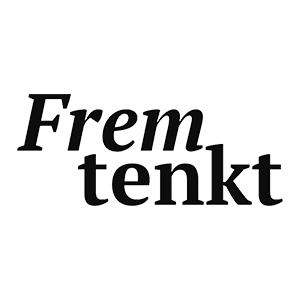
Participating educational institutions
SYKLI Environmental School of Finland is a national specialist vocational college. Our mission is to reinforce environmental knowledge and improve our customers’ operations in line with sustainable development objectives.
SYKLI offers adults preparatory training, short training courses, consultation, and other expert services. Our core competence lies in applying the latest knowledge in practice and in bringing the benefits to our customers. We are known as a pioneer in sustainable working life development. We understand the needs of our clients and tailor our training to the needs of individuals and corporate customers.)
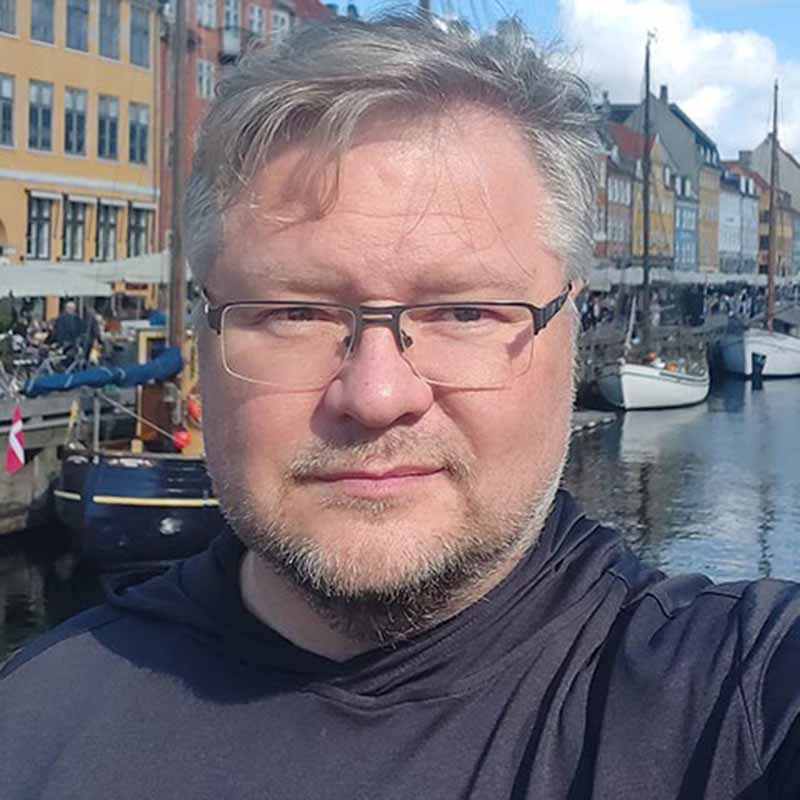
NGO RELEARN Suderbyn is a non-profit NGO working locally in the Baltic Sea Region and internationally. The NGO works on and has worked with projects concerning environmental resilience, social justice, respect for human rights, democratic development, cultural expression for democracy, identity and heritage, transformative education and international cooperation for sustainable development. RELEARN works on various levels; from personal development to local actions, developing alternative models of society, and transnational collaborations.
Relearn’s main areas of work mainly include:
- Action research and innovation.
- Networks and cross-border cooperation.
- Non-formal education for youth and adults.
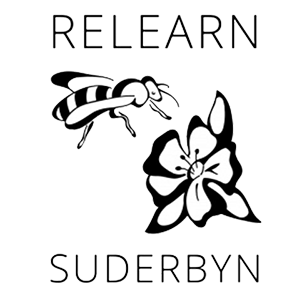
Folkehøgskolerådet. The five national folk high school organizations in Norway adopted a sustainability resolution in 2019 to support the UN’s sustainability goals. The resolution has four specific goals, which must be followed up by the Norwegian community colleges (a total of 85) in order to be reached by 2030. The goals are about reducing greenhouse gas emissions, education for sustainable development and helping to form conscious and active global citizens. Folkehøgskolen’s statutory purpose is general education and public information, and here it is natural that the sustainability goals come into play.
The folk high schools are autonomous, and the folk high school organizations cannot order the schools to follow up on the goals in the decision. But our own surveys show that the folk colleges support the sustainability initiative and work purposefully to achieve the goals.
The national folk high school organizations (Folkhøgskolerådet, Norges Kristelege Folkehøgskolelag and Folkehøgskoleforbundet) have, in collaboration with the folk high schools, developed methods and resources to follow up on these four goals in the schools. We have arranged courses, seminars and webinars, and resources are available to schools via the websites of the Folkehøgskolerådet.
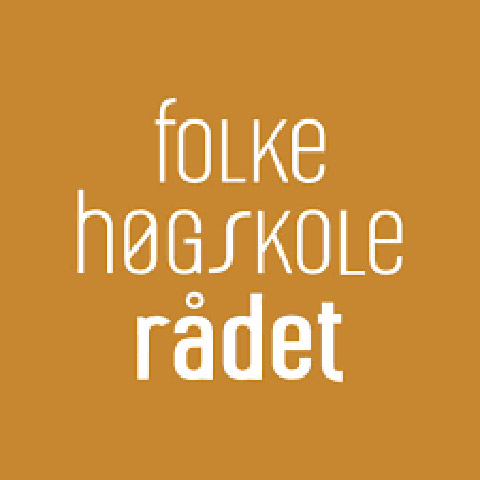
Contact
Tove Holm
The network for sustainable development, Nordic Network for Adult learning
+358 40 663 9254
